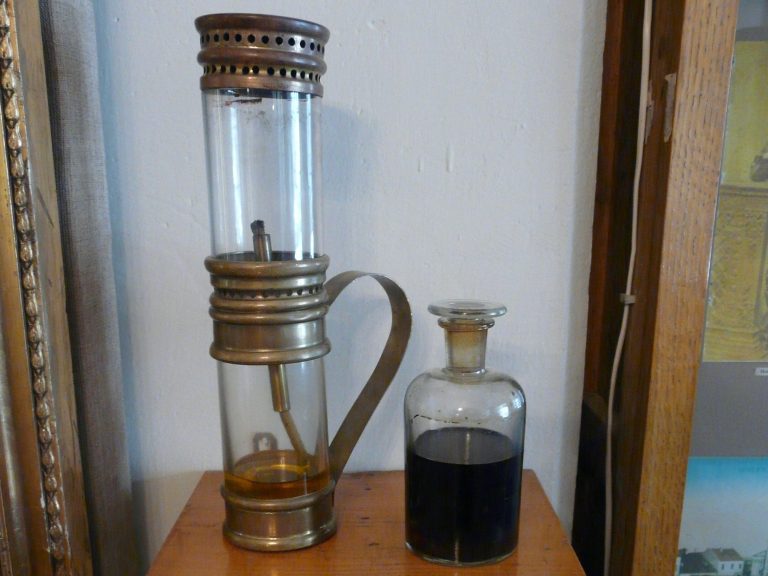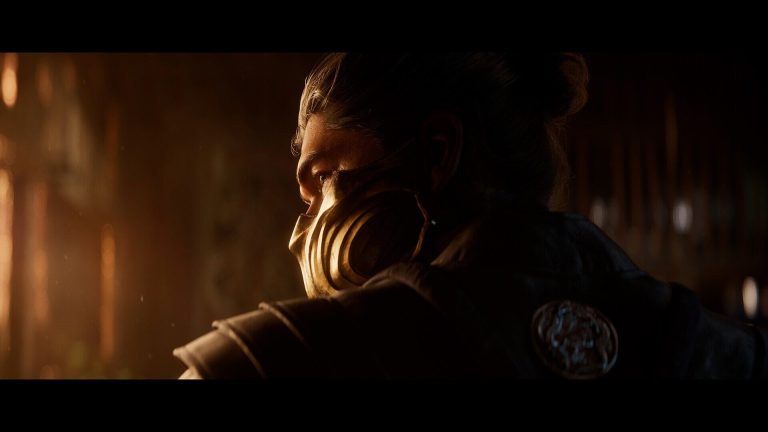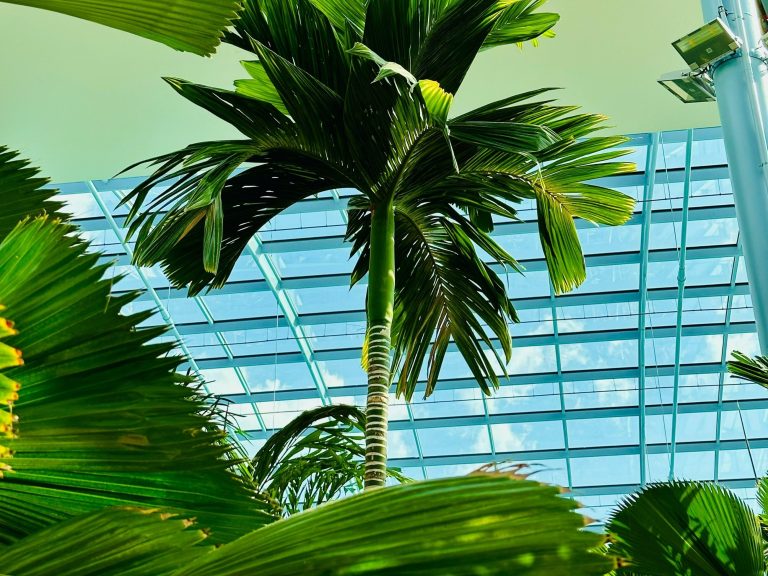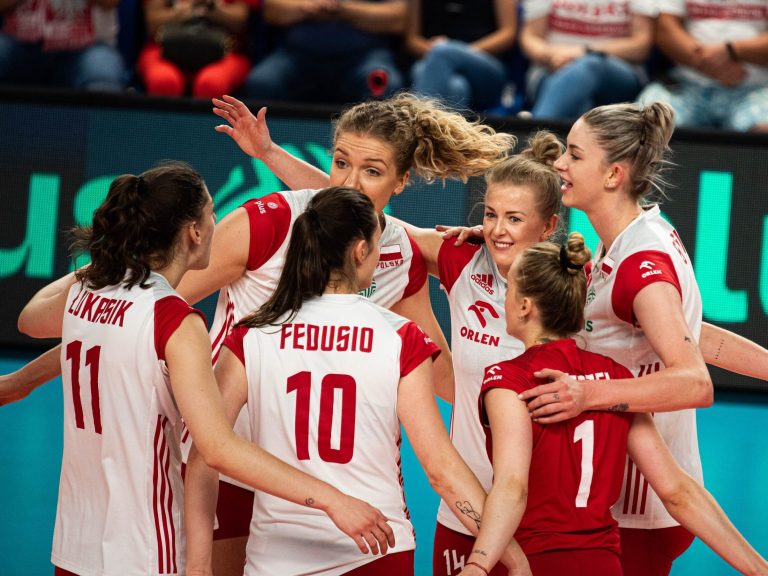Polish scientists at the ends of the world. “The motives that led them to explore were different”

Polish scientists and travelers contributed to learning about the world and the many cultures of people living in it. “These people are our representatives in the best sense of the word. If a scientist went somewhere, did something good, it is remembered for years – says “Wprost” Dr. Lucjan Buchalik, director of the Municipal Museum in Żory. The museum presents the exhibition “Polish cognition of the world” about the exploration of the world by Polish researchers.
The director of the Municipal Museum in Żory, Dr. Lucjan Buchalik, and the museum’s education specialist, Marietta Kalinowska-Bujak, showed us around the “Polish Exploring the World” exhibition and told us about famous Polish scientists and travelers in the video series “Science is a Polish specialty”.
Polish explorers of the world
Among them are e.g. anthropologist, ethnographer, statistician and linguist Jan Czekanowski, conducting research on the area between the Congo and Nile rivers; writer, journalist, traveler and academic teacher Ferdynand Ossendowski, who took part in scientific expeditions in Asia and Africa; Stefan Szolc-Rogoziński, traveler and researcher of Africa, particularly interested in Cameroon; archaeologist, Egyptologist and art historian Kazimierz Michałowski, who conducted many excavations in Egypt before and after World War II and undertook the action of saving temples at risk of flooding after the construction of the Aswan Dam; Benedykt Dybowski, naturalist, traveler and doctor, researcher of the Far East and Kamchatka, whose research after being sent to Siberia led to the discovery of many new animals for science; Bronisław Piłsudski an exile and ethnographer, dealing with the peoples and cultures of the Far East, who, sent to the island of Sakhalin, studied the culture of the Ainu, Gilak, Orok and Manguns; Maria Antonina Czaplicka, an ethnographer and geographer exploring Siberia, who took several hundred photos during her nearly 5,000 km journey in 1914; or the social and economic anthropologist, ethnologist, religion expert and sociologist Bronisław Malinowski, who introduced a new type of field work, consisting in long-term and deep contact with the studied community.
– The exhibition “Polish cognition of the world” describes how Poles, mainly scientists, received information about the world around us – says Dr. Lucjan Buchalik. – The motto for our exhibition can be the words of Bronisław Piłsudski, Józef’s older brother, who said that one day we will build museums that will perpetuate the achievements of our ancestors – he adds.
Marietta Kalinowska-Bujak told why Polish scientists began to study the world.
– The motives that prompted Polish travelers and scientists to explore the world were very different. Sometimes it was pure curiosity, and sometimes it was political issues, says an education specialist at the museum in Żory. – The Asian part of the world has been very well researched and described by Polish scientists for a simple reason. After each great uprising for independence, deportations followed. The people who were deported were the Polish intelligentsia. So, in order not to waste time, sometimes even a dozen or so years, they developed what was left on the spot, using their talents – he adds.
And how did people travel in the 19th and early 20th centuries? “Usually, travelers used local means of transport. If there was a train, they got on the train, if there was a rickshaw, they used a rickshaw, if you had to cross the desert on a camel, you got on a camel – says Marietta Kalinowska-Bujak. – A perfect illustration of various means of transport can be Kazimierz Nowak, who fulfilled his great dream and in the early 1930s crossed Africa from north to south and back, traveling by all possible means of transport, although his favorite was the bicycle. But the bicycle did not work everywhere, so he traveled on horses and camels and in canoes. He also covered parts of the journey by car, train or ship, he adds.
“Poles often helped the local population”
Poles not only got to know the world, but often helped the local population, especially in the East. “These were ethnic groups that were treated differently because of their cultural differences, but this difference was often the element that intrigued us,” Marietta Kalinowska-Bujak points out. – This charitable character has always been very clear in Polish scientists. If we are talking about Bronisław Piłsudski, Benedykt Dybowski or Wacław Sieroszewski, they always helped the ethnic groups they found on the spot, which were usually at a loss in the face of the huge, oppressive Russian empire. They helped them medically, taught them to read, write, or assert their rights, which these people were unaware of – he emphasizes.
Dr. Lucjan Buchalik points out that Polish research into the world has not always met with understanding. – It was pointed out to Rogoziński that the roads in Poland are hopeless, there are no doctors, the level of education, etc. “Maybe it’s better to spend money on this, and not on some frills in Africa?” And then someone very wisely asked a question – what was the condition of roads and education in Spain at the end of the 15th century, when Columbus sailed to Asia and found himself in America. You can always find an argument that why get to know others, if we always have something to do in our own backyard – says the director of the museum in Żory.
– But if we do not explore the world around us, what will we know about ourselves? This is our mirror. It is worth getting to know foreign countries, foreign cultures, because we see ourselves in them as we are. Let’s look at who we are through the prism of others. And we’re not just self-centered. There is a proverb from one of the Asian countries – “it is not wise who lived long, but he who traveled a lot” – he adds.
Dr. Buchalik also points out that in the past, the journeys themselves could take many months, which gave time for really in-depth knowledge of the places where people traveled.
According to the director of the museum in Żory in Poland, we underestimate the travelers and researchers of the world a little. “These people are our representatives in the best sense of the word. Because a diplomat changes every few years, and if there was a scientist there, did something good, it is remembered for years – he emphasizes.






